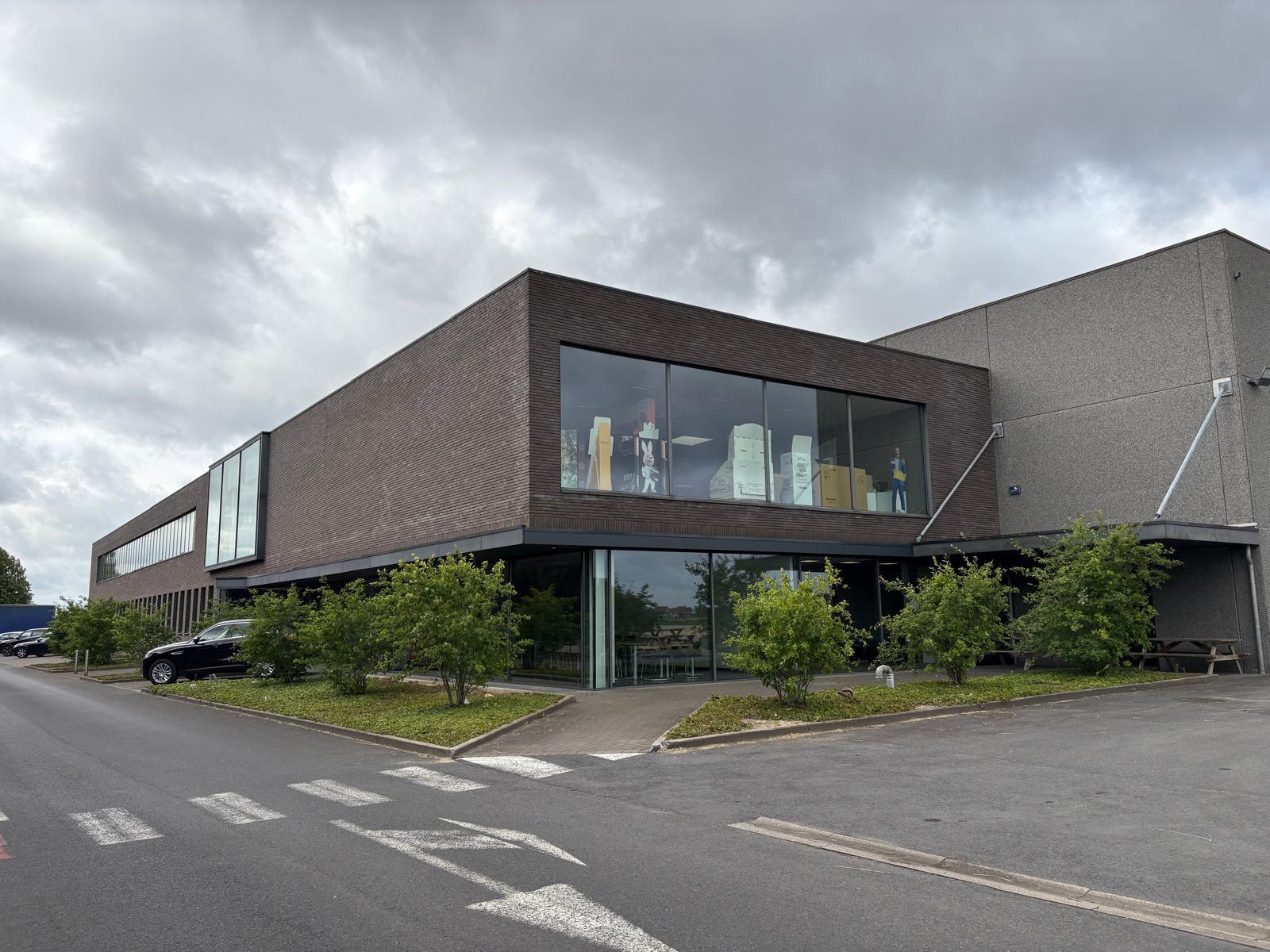
Discover how ClimateCamp helped Creapack and Kartonnage Lefevere Beel with their baseline corporate carbon footprint
Introduction
Creapack creates high-end, custom cardboard packaging and point-of-sale displays that bring brands to life. From boxes, sleeves, and wraps to full-scale retail displays, they offer tailor-made solutions with premium finishes and vivid digital printing. Their work can be seen across sectors, from supermarket shelves to pharmacy counters, serving “FMCG companys” food & beverage, pharma, … with packaging that captures attention where it matters most.
As a family-owned business, Creapack has long prioritized efficiency by optimizing the materials they use, resulting in less waste and smarter production. Guided by a new generation of leadership, they’re building on years of environmental efforts to become a packaging company that balances creativity with climate responsibility. Their ambition is to produce standout packaging with minimal environmental impact using innovation, smarter materials, and cleaner processes.
Creapack was introduced to ClimateCamp through an industry connection and quickly saw the added value of a strategic collaboration. Alongside their sister company Kartonnage Lefevere-Beel, which specializes in custom industrial packaging, they embarked on a journey to better understand and manage their carbon impact. For both companies, the partnership offered clarity, structure, and expertise. At Creapack specifically, the collaboration enabled them to calculate their corporate carbon footprint for the first time, giving them clarity on emission hotspots within their operations and helping them understand how to categorize complex material inputs, such as those found in their displays, across the different emissions scopes.
Their challenge
Creapack’s sustainability journey gained new momentum when the company joined the VOKA Charter for Sustainable Entrepreneurship, an initiative that encourages Flemish businesses to take tangible, trackable steps toward sustainability. As part of their commitment, Creapack set out to demonstrate measurable progress each year, aligning their efforts with recognized frameworks and best practices.
As they began to tackle their carbon footprint, Creapack quickly realized that the process was more complex than expected. They needed clarity, not just in terms of which emissions to measure, but also how to gather the right data from the right sources. To lay a solid foundation, they decided to start from scratch and conduct a full Scope 1, 2, and 3 emissions analysis. At the same time, they engaged with VSME, a voluntary initiative designed to help companies anticipate and align with evolving sustainability reporting standards, including those under CSRD. They recognized the value of expert guidance to address the climate aspects of this process..
This led both Creapack and Kartonnage Lefevere-Beel to partner with ClimateCamp. For Kartonnage, the collaboration provided a critical first step: establishing their baseline emissions. At Creapack, the focus expanded to understanding how to work with complex material compositions in their displays: how to split materials into categories, assign them to the correct scope, and link them to energy use and emissions.
Climatecamp's solution
Creapack was looking for a partner that could provide structure, clarity, and practical support as they worked to understand and reduce their carbon footprint. They needed more than just a tool, they needed expertise to help guide their full Scope 1, 2, and 3 emissions analysis and to establish a reliable baseline for their corporate carbon footprint.
ClimateCamp offered exactly that. From helping identify which data points to collect, to supporting the calculation of emission factors and industry averages, the platform enabled Creapack to move from broad intentions to precise measurement. The ClimateCamp platform also served as a central place to store, process, and analyze carbon data, something Creapack found especially helpful given that climate accounting isn’t their core business. They valued that ClimateCamp stays immersed in carbon methodology and could guide them on everything from display-level material breakdowns to supplier emissions data handling.
The collaboration sparked learning and growth on both sides. For Creapack, it expanded internal awareness around data collection, supplier engagement, and the practicalities of emissions tracking. For ClimateCamp, it meant supporting two like-minded, family-owned businesses eager to build climate maturity across their operations.
"Because of Climate Camp we have a clear view of our CO2 hotspots. A perfect start to measure and reduce our CO2 emission in the future.” - Kris Debosschere, Chief Operating Officer Creapack
Results
Together with ClimateCamp, Creapack and Kartonnage Lefevere-Beel completed a robust Scope 1, 2, and 3 emissions analysis, laying a clear foundation for future climate action. With a better understanding of where the carbon hotspots lie within their value chain, they’ve been able to map their impact more effectively. They now know how to handle emissions data in a more structured and strategic way, down to the level of individual display components.
Kartonnage Lefevere-Beel also successfully established its baseline emissions, giving both companies a solid starting point for tracking and potentially reducing their climate impact over time.
Creapack is now well-positioned to explore next steps, such as defining targeted reduction strategies, prioritizing decarbonization efforts, or deepening their climate insights through supplier engagement. With the foundation now in place, Creapack is equipped to make informed decisions and take meaningful next steps as they navigate an evolving sustainability landscape.